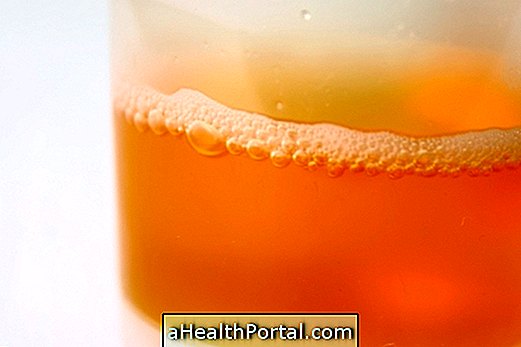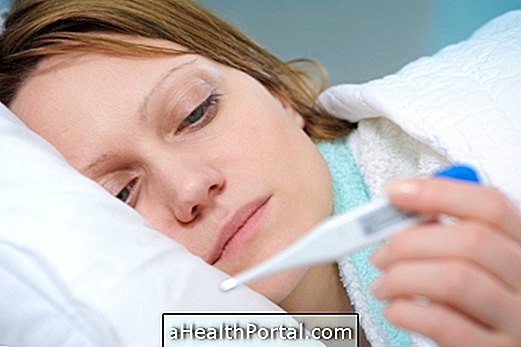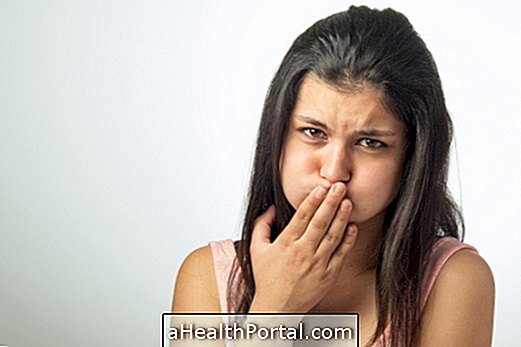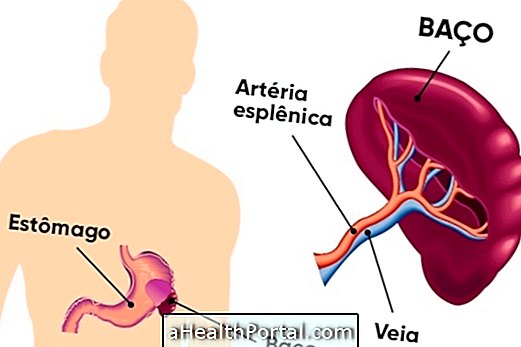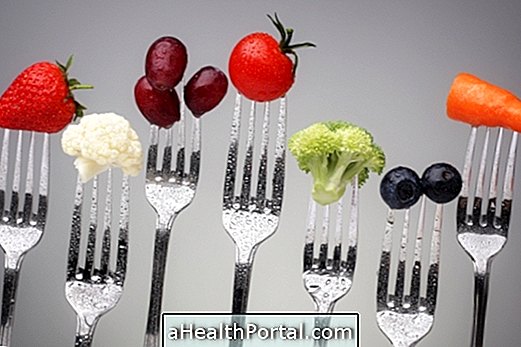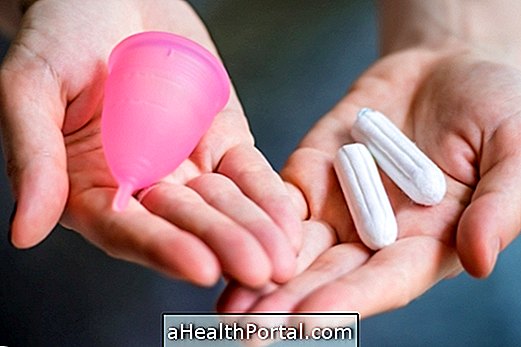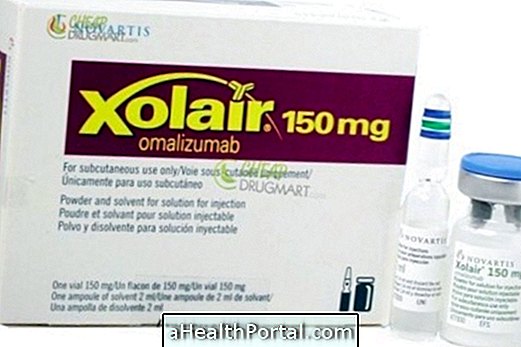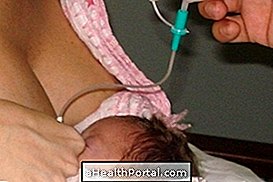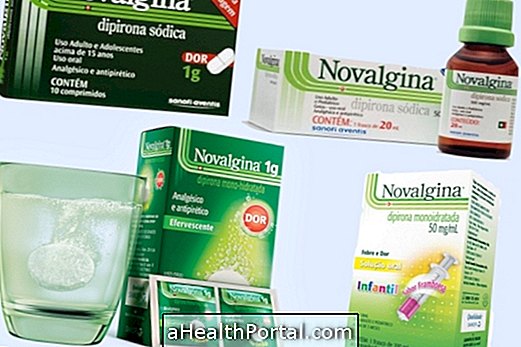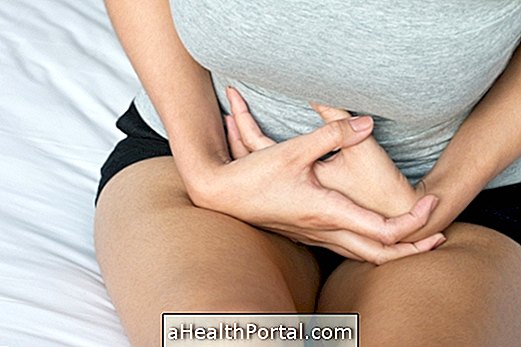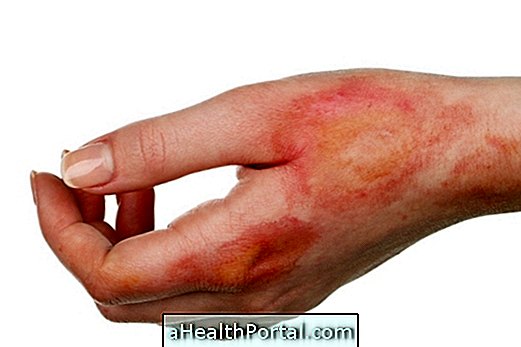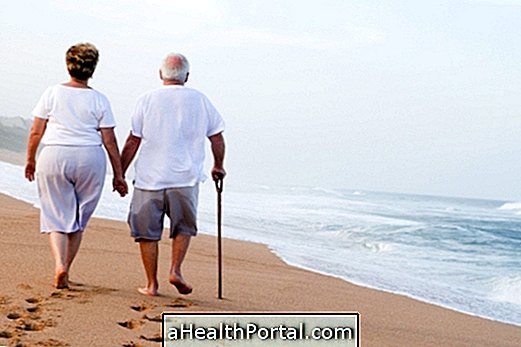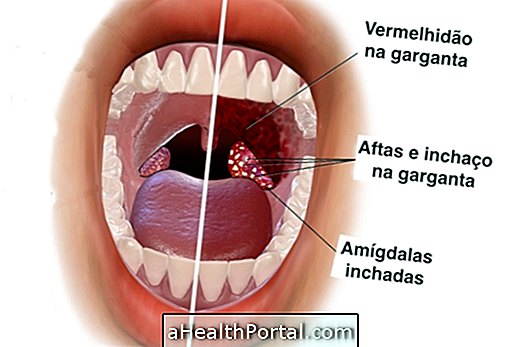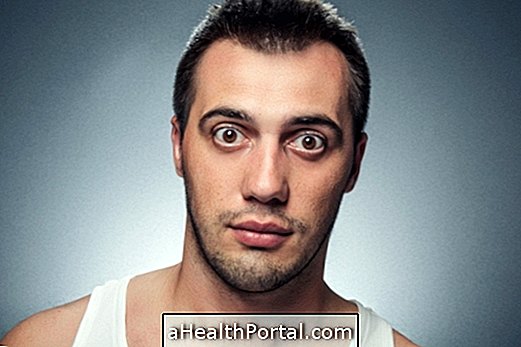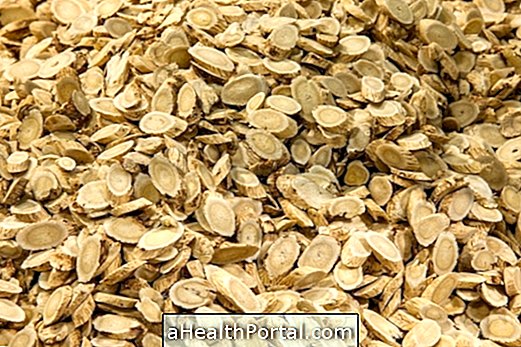The symptoms of hypertension are rare and usually only arise when the blood pressure is above 140x90 mmHg, which can cause:
- Nausea and dizziness;
- Strong headache;
- Bleeding from the nose;
- Ringing in the ears;
- Difficulty breathing;
- Excessive tiredness;
- Blurry vision;
- Chest pain.
When the patient has symptoms of hypertension, it is recommended to measure the pressure at the pharmacy and, if it is too high, go to the emergency room as soon as possible or take the high blood pressure medication indicated by the cardiologist for hypertension attacks.
Here's what to do in a hypertension crisis: High blood pressure, what to do?
Hypertension, or high blood pressure, is a silent disease that evolves slowly, producing no symptoms until a crisis occurs. Thus, it is recommended that blood pressure be evaluated at least once a year in the general practitioner's office, especially when there is a family history of the disease, preventing serious complications, such as infarction or renal failure.
Symptoms of hypertension in pregnancy
Symptoms of hypertension in pregnancy, in addition to the signs listed above, may also include exaggerated swelling of the legs and feet, as well as severe abdominal pain.
In cases of suspected hypertension in pregnancy, it is important to consult the obstetrician immediately to correct the problem or initiate appropriate treatment, avoiding the appearance of complications such as eclampsia, which can endanger the life of the pregnant woman and the baby.
What to do to lower high blood pressure
Watch this video and learn what to do to lower blood pressure:
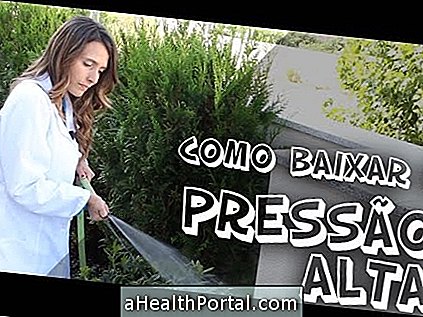
Useful links:
- Treatment for hypertension
- Symptoms of diabetes
